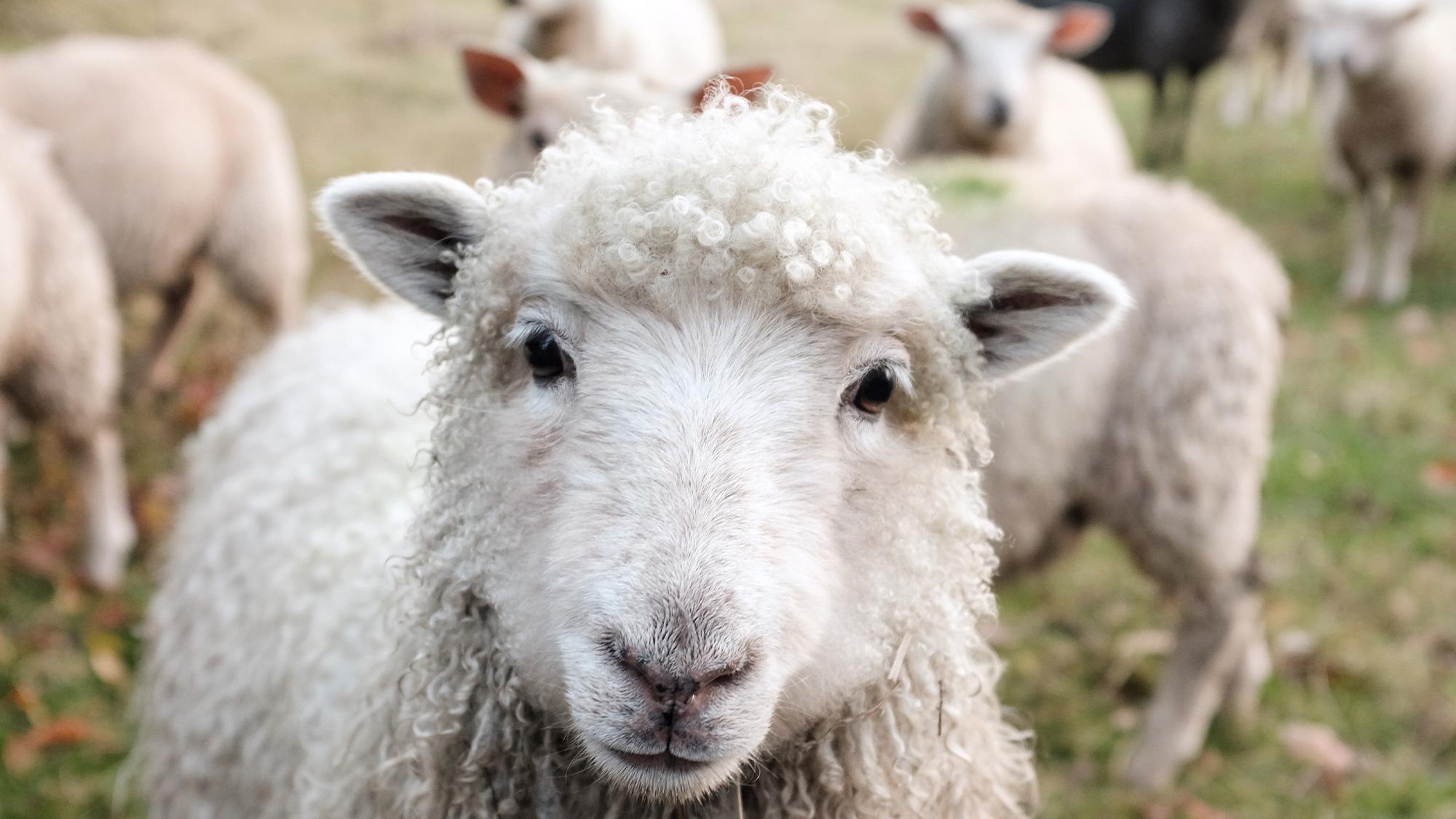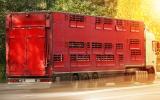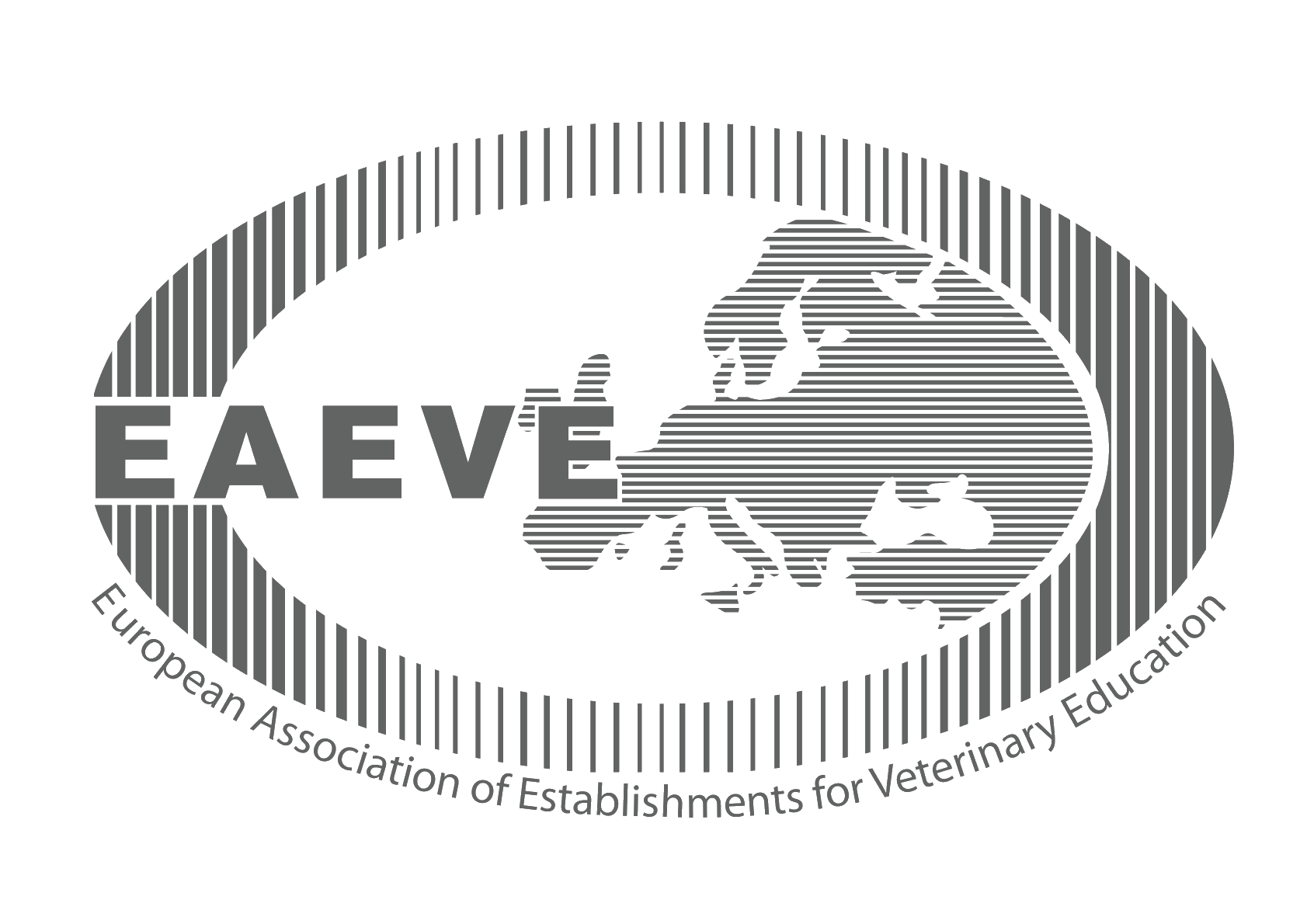CRP V4-2005

Strategic approaches to improve the health and fertility of small ruminants

General Data
Member of UL |
Veterinary Faculty |
|
Name of the leading partner |
Veterinary Faculty UL | |
Status |
leading partner | |
Project code/ Project No. |
CRP V4-2005 | |
Project Title |
Strategic approaches to improve the health and fertility of small ruminants | |
Financier |
ARRS, MKGP | |
Project period |
1. 11. 2020 - 31. 10. 2023 | |
Yearly sum of FTE |
0,9 FTE | |
Leader |
prof. dr. Janko Mrkun | |
Scientific field |
Biotechnical Sciences/Veterinary Medicine | |
Partners |
Project Phases
DS1: Epidemiological analysis of selected flocks
1.1 Parasitological examination
1.2 Virological examination
1.3 Bacteriological examination
DS2: Deficiency diseases in selected flocks
DS3: Reproduction
3.1 Implementation of low-invasive monitoring of fertility parameters
3.2 Implementation of modern techniques for assisted reproduction
Project Description
In Slovenia, we have seasonal and non-seasonal year-round breeding sheep. The problem of fertility occurs in both types of sheep and in females and males. From the data collected within the public service of professional tasks in animal breeding, in the sheep flocks, which are included in breeding programs it was found out that in recent years the lower number of births and lower fertility in seasonal and year-round breeding sheep has been observed (the longer period between lambings, lower number of lambs born per animal). As a part of the proposed project, the health status of Slovenian indigenous sheep flocks in the seasonal breed Istrska pramenka as well as in the non-seasonal breed Jezersko-Solčava will be determined. The epidemiological situation in the selected flocks will be studied to determine the prevalence of viral and bacterial pathogens and the degree of parasite infestation. According to findings, appropriate disease control measures will be introduced and their effectiveness will be monitored primarily by determining and monitoring fertility rate in sheep and the number of births. By regular monitoring of the reproductive cycles in sheep, introducing new minimally invasive methods for reproductive cycle monitoring, and using assisted reproduction techniques, we will try to improve the fertility rates in females and males.
By monitoring the health status of sheep and identifying individual diseases, including zoonoses, the project will help maintain one health strategy. By intensifying fertility or reproduction, which is the basis for improving productivity, we will help increase self-sufficiency and food security in the Republic of Slovenia. A directly influence on the higher percentage of small ruminants in livestock production will be accomplished by ensuring higher breeding economy.
Sheep are much more resistant to climate changes, and can use forage of poorer quality. They are important for the cultural landscape preservation, especially in steep and remote parts of Slovenia. By preserving and intensifying sheep breeding we will indirectly ensure better appearance and promotion of the Slovenian landscape.
The results of the research will have a direct impact on productivity, health and animal welfare. This will also ensure greater food security for people in the Republic of Slovenia. Based on the findings, we will prepare appropriate measures for the eradication of individual diseases. Improving the health, productivity and fertility of animals is necessary for raising the competitiveness and preservation of our indigenous sheep breeds and thus the long-term preservation of an important agricultural industry.
Structure of the Project Group
SICRIS
Final Report
Location
Gerbičeva 60
SI-1000 Ljubljana
Slovenija
Sample Reception
Samples are received at several locations throughout Slovenia. See where.
The veterinarian on duty
Emergency veterinary assistance for dogs and cats and a telephone number of constant readiness.
Library
A wide selection of domestic and foreign professional literature in the field of veterinary medicine and other sciences.
Main navigation
-
Education
- Informativni dan
- Why to become a veterinarian?
- Undergraduate Studies
- Postgraduate studies
- Pripravništvo
- Summer Schools
- Continuous education
- Professional Development
- International Activity
- Mednarodna dejavnost - Tuji študentje
- The Path to Creative Knowledge
- Tutoring
- Extracurricular Activities
- Career Centres
- Alumni
- Student organizations and societies
- Quality Assurance
- Clinics
- Diagnostics
- Dobrobit
- NVI
- Research
- About us
- Hub




